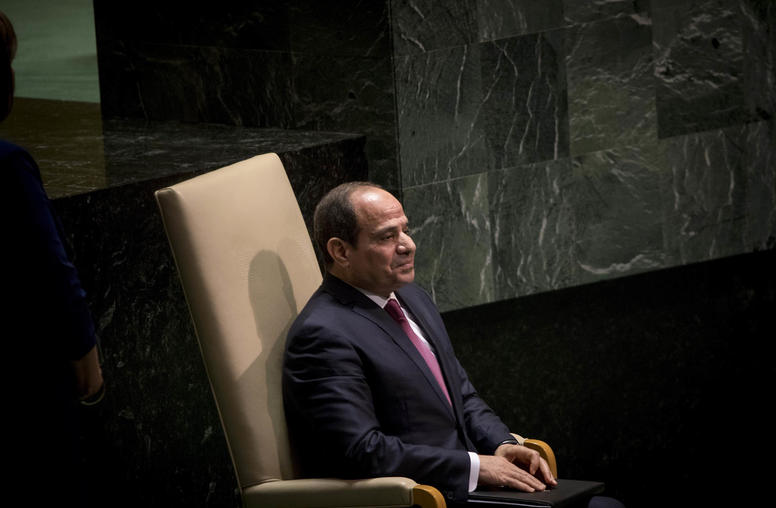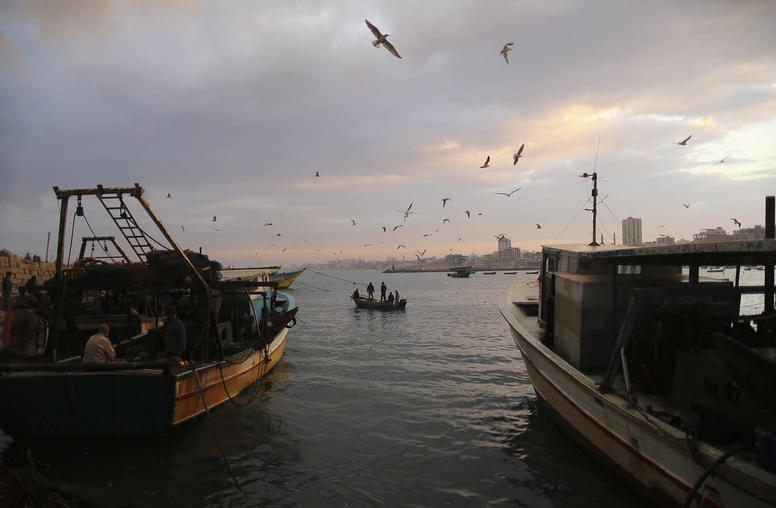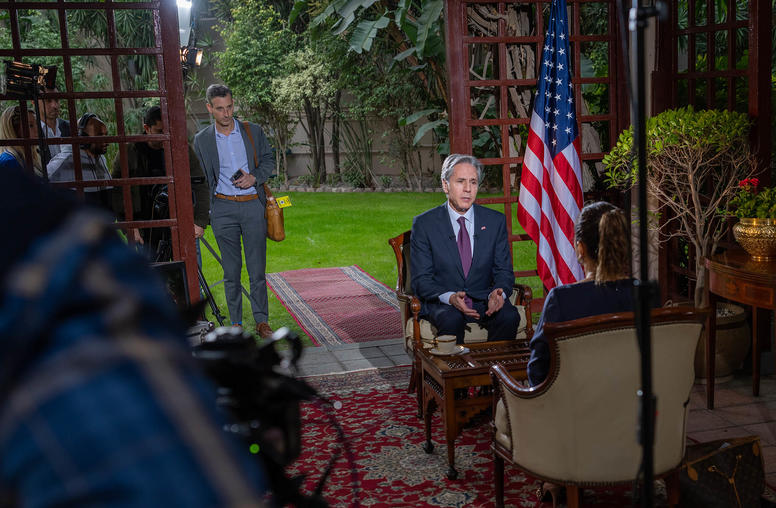'Landmark' Hamas and Israel Prisoner Swap
USIP's Lucy Kurtzer-Ellenbogen discusses the political aspects and timing of the Palestinian-Israeli prisoner swap brokered by the Egyptians.
October 12, 2011
Gilad Shalit has been held by Hamas since his capture five years ago. Mediated negotiations to secure his release via a prisoner swap have consistently failed. Why now?
In some ways, the timing of this deal, brokered by the Egyptians, calls to mind two cliches: the proverbial “strange bedfellows,” and the notion of stars aligning. Gilad Shalit has been held in captivity by Hamas for five years. In that time he has become a true national cause and symbol in Israel so certainly the desire to “bring him home,” is as deeply and genuinely felt by Israel’s leadership as the desire to see Palestinian prisoners returned to their families is felt on the other side. That said, Gilad Shalit has been held in captivity by Hamas for five years, and while it has always been known that a prisoner-swap would be what it would take to secure the deal, negotiations between Israel and Hamas – mediated primarily by Germany and Egypt – have consistently failed to produce terms acceptable to either side.
But it would seem as though recent events in the region have pushed the parties to reevaluate their bottom lines and it is hard not to see domestic and regional politics at play. Palestinian President Mahmoud Abbas is riding a wave of popularity. He returned home a national hero, having pushed for recognition of Palestinian statehood at the United Nations’ Security Council in the face of intense pressure by the United States to back down from such a move. If Hamas was feeling eclipsed and looking for an opportunity to steal some of that thunder, being able to claim credit for the return of over 1,000 Palestinian prisoners from Israel is a strong start.
It is perhaps worth considering whether Israeli Prime Minister Benjamin Netanyahu – strongly opposed to President Abbas’s U.N .strategy – may ironically share an incentive with the Hamas leadership to see Abbas’s wings clipped. One can ask if by sidestepping Abbas, and brokering a deal that would release Hamas prisoners into the West Bank, Netanyahu saw a reprisal opportunity for Abbas’s Security Council bid. Beyond such speculation, however, one needs to consider the fact that Netanyahu is facing his own domestic battles. Large-scale and widespread social protests have seized the country since the summer, fueled by despair at the high cost of living in the country, and there is growing disgruntlement at the absence of progress on the peace process. Bringing home Shalit is almost guaranteed to give Netanyahu a much-needed boost in popularity.
Finally, both sides have directly acknowledged the impact of the regional context on bringing a deal to fruition. The new leadership in Egypt had already proven itself able to broker a reconciliation deal (albeit imperfect) between Hamas and Fatah: a sign that Hamas had come to trust the Egyptian role as mediator. Further, with the long term future and character of Egyptian leadership uncertain, Israel was particularly unlikely to risk losing a window of opportunity with a leadership that has shown itself willing and able to pressure Hamas. For Egypt’s part, facing its own mounting domestic pressure, it had strong incentive to prove its power-brokering bona fides. Finally, volatility in Syria where Hamas has long found its primary source of support from the now-embattled Assad regime, cannot be discounted as a key factor in the timing of this deal. Facing uncertainty over the fate of its primary patron, Hamas may have felt more pressure to give on certain demands, an opportunity that Israel no doubt saw fit to seize upon.



